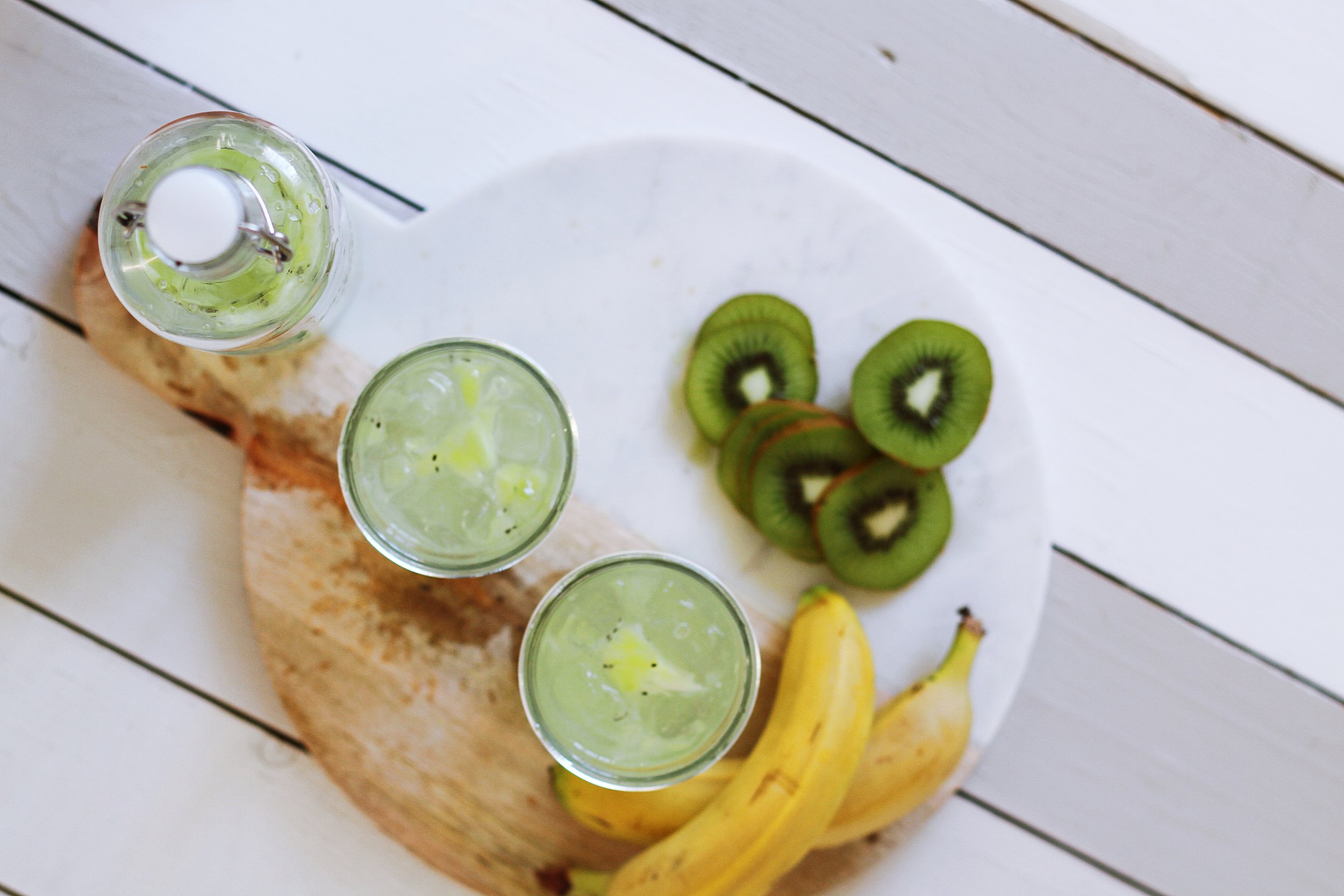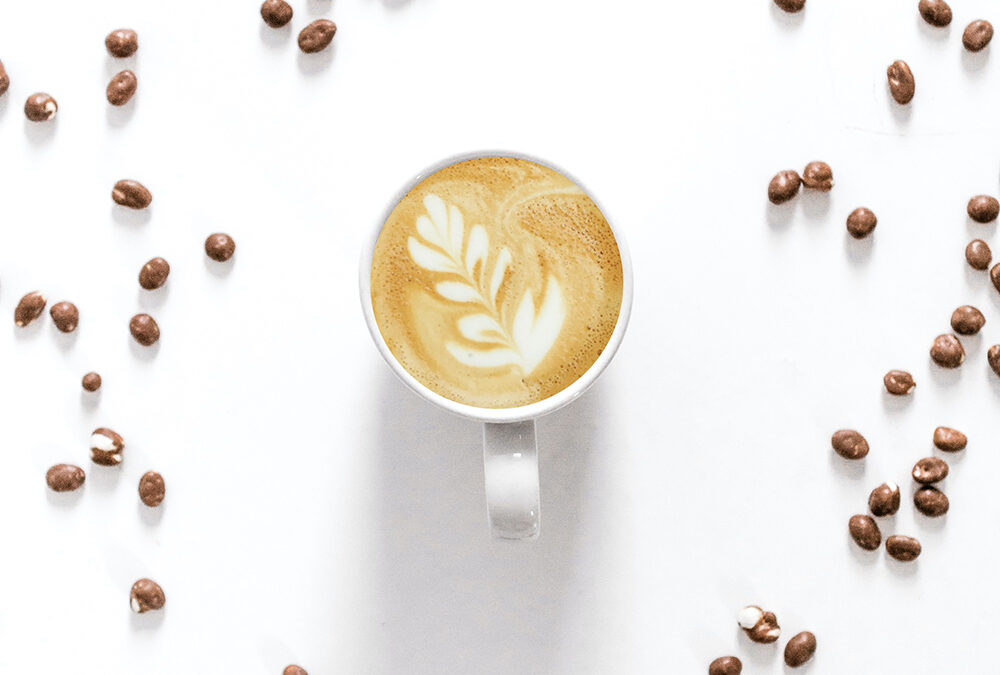Healthy Snacking

Photo by rawpixel on Unsplash
Have you ever grabbed an apple mid-afternoon for a small pick-me-up only to feel hungry again a short while later? You think you’re making a healthy choice, but with your snack gone you’re maybe then pulled in the direction of not-so-healthy options to curb your hunger and energy needs?
I’ve definitely been there! A few years ago a piece of fruit was my go to snack at the office… although for some reason I couldn’t seem to kick my late afternoon chocolate bar and diet Coke habit!
Don’t worry, I’m not saying that fruit is unhealthy or even that it shouldn’t be a snack!
It’s totally the opposite! But there is a missing piece – balance.
Fruit is the easiest example, but really this is generally about carbohydrate dominant snacks. And when you’re trying your best to eat healthfully, the majority of people reach for fruit as that snack. But you could apply the same idea to any other carb-based snacks (I also use to be a huge eater of rice cakes!).
In general, carbohydrates are going to have a larger impact on your blood sugar levels. If your snack is predominantly carb-based, you’ll likely see a spike in your blood sugar soon after consumption followed soon after by a crash. The snack just doesn’t keep you satiated very long and there is a good chance you’ll end up with less energy and more hunger just a little while later.
The missing link is fat! Healthy fats help slow down our absorption of food and therefore energy. By ensuring you always have a source of fat along with the carbs in your snack, you’ll likely feel more satiated and have have more level, consistent energy!
Of course, depending on your preference, you could just skip the carbs and focus on a protein and fat based snack, but one is not necessarily better than the other – our needs are all different!

Photo by Toa Heftiba on Unsplash
So what might be some healthful snack combinations to try out?
You could pair your carb-based snack with:
-
Nuts or nut butter
-
Full-fat yogurt (dairy or dairy-free)
-
Cheese
-
Hardboiled egg
-
Avocado
-
Oily fish (like salmon, sardines, anchovies, etc.)
Oily fish might strike you as a bit strange for a snack, but they are one of the best sources of healthy, omega-3 fats and are incredibly nutrient dense! Although your co-workers at the office might not love this one 😉
And don’t forget, as much as I’m talking about fruit here, raw veggies are also a great snacking tool and can also pair with all of the above!
Some other snack ideas:
-
Small portion of leftovers
-
Egg muffins (like mini-frittatas)
-
Roasted veggies with an added drizzle of olive oil or tahini
-
Bliss balls (also called fat balls) or other nut-based bars
-
Trail mix (nuts & seeds base with optionally a small amount of dried fruit or dark chocolate)
Do you have any favourite go-to snacks that I haven’t mentioned? – Let me know in the comments below!
Happy snacking!




